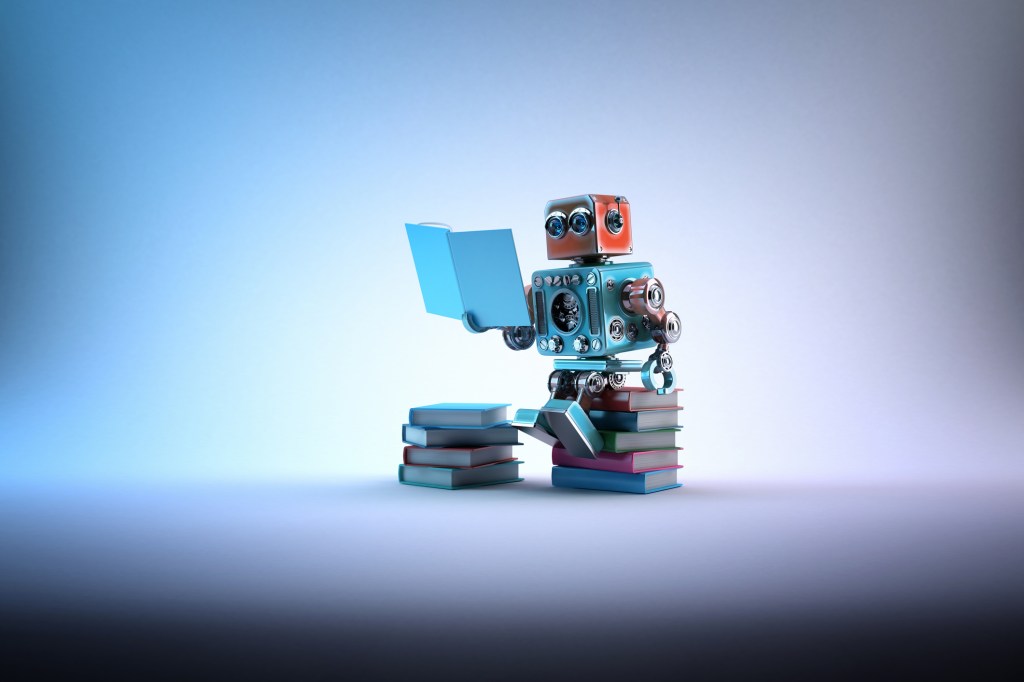Will AI automate human jobs, and — if so — which jobs and when?
That’s the trio of questions a new research study from MIT’s Computer Science and Artificial Intelligence Laboratory (CSAIL), out this morning, tries to answer.
There’s been many attempts to extrapolate out and project how the AI technologies of today, like large language models, might impact people’s’ livelihoods — and whole economies — in the future.
Goldman Sachs estimates that AI could automate 25% of the entire labor market in the next few years. According to McKinsey, nearly half of all work will be AI-driven by 2055. A survey from the University of Pennsylvania, NYU and Princeton finds that ChatGPT alone could impact around 80% of jobs. And a report from the outplacement firm Challenger, Gray & Christmas suggests that AI is already replacing thousands of workers.
But in their study, the MIT researchers sought to move beyond what they characterize as “task-based” comparisons and assess how feasible it is that AI will perform certain roles — and how likely businesses are to actually replace workers with AI tech.
Contrary to what one (including this reporter) might expect, the MIT researchers found that the majority of jobs previously identified as being at risk of AI displacement aren’t, in fact, “economically beneficial” to automate — at least at present.
The key takeaway, says Neil Thompson, a research scientist at MIT CSAIL and a co-author on the study, is that the coming AI disruption might happen slower — and less dramatically — than some commentators are suggesting.
“Like much of the recent research, we find significant potential for AI to automate tasks,” Thompson told TechCrunch in an email interview. “But we’re able to show that many of these tasks are not yet attractive to automate.”
Now, in an important caveat, the study only looked at jobs requiring visual analysis — that is, jobs involving tasks like inspecting products for quality at the end of a manufacturing line. The researchers didn’t investigate the potential impact of text- and image-generating models, like ChatGPT and Midjourney, on workers and the economy; they leave that to follow-up studies.
In conducting this study, the researchers surveyed workers to understand what an AI system would have to accomplish, task-wise, to fully replace their jobs. They then modeled the cost of building an AI system capable of doing all this, and also modeled whether businesses — specifically “non-farm” U.S.-based businesses — would be willing to pay both the upfront and operating expenses for such a system.
Early in the study, the researchers give the example of a baker.
A baker spends about 6% of their time checking food quality, according to the U.S. Bureau of Labor Statistics — a task that could be (and is being) automated by AI. A bakery employing five bakers making $48,000 per year could save $14,000 were it to automate food quality checks. But by the study’s estimates, a bare-bones, from-scratch AI system up to the task would cost $165,000 to deploy and $122,840 per year to maintain . . . and that’s on the low end.
“We find that only 23% of the wages being paid to humans for doing vision tasks would be economically attractive to automate with AI,” Thompson said. “Humans are still the better economic choice for doing these parts of jobs.”
Now, the study does account for self-hosted, self-service AI systems sold through vendors like OpenAI that only need to be fine-tuned to particular tasks — not trained from the ground up. But according to the researchers, even with a system costing as little as $1,000, there’s lots of jobs — albeit low-wage and multitasking-dependent — that wouldn’t make economic sense for a business to automate.
“Even if we consider the impact of computer vision just within vision tasks, we find that the rate of job loss is lower than that already experienced in the economy,” the researchers write in the study. “Even with rapid decreases in cost of 20% per year, it would still take decades for computer vision tasks to become economically efficient for firms.”
The study has a number of limitations, which the researchers — to their credit — admit. For example, it doesn’t consider cases where AI can augment rather than replace human labor (e.g., analyze an athlete’s golf swing) or create new tasks and jobs (e.g., maintaining an AI system) that didn’t exist before. Moreover, it doesn’t factor in all the possible cost savings that can come from pre-trained models like GPT-4.
One wonders whether the researchers might’ve felt pressure to reach certain conclusions by the study’s backer, the MIT-IBM Watson AI Lab. The MIT-IBM Watson AI Lab was created with a $240 million, 10-year gift from IBM, a company with a vested interest in ensuring that AI’s perceived as nonthreatening.
But the researchers assert this isn’t the case.
“We were motivated by the enormous success of deep learning, the leading form of AI, across many tasks and the desire to understand what this would mean for the automation of human jobs,” Thompson said. “For policymakers, our results should reinforce the importance of preparing for AI job automation . . . But our results also reveal that this process will take years, or even decades, to unfold and thus that there is time for policy initiatives to be put into place. For AI researchers and developers, this work points to the importance of decreasing the costs of AI deployments and of increasing the scope of how they can be deployed. These will be important for making AI economically attractive for firms to use for automation.”































Comment